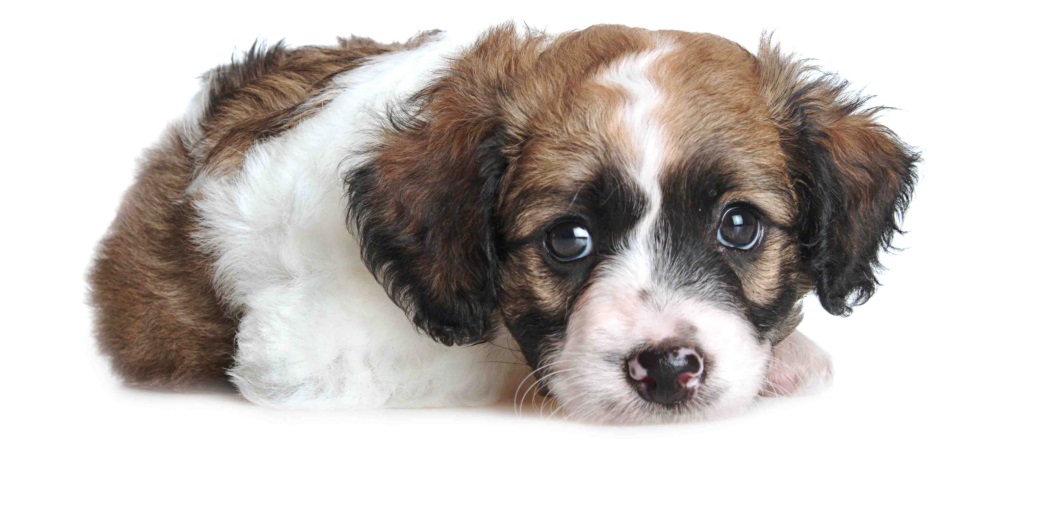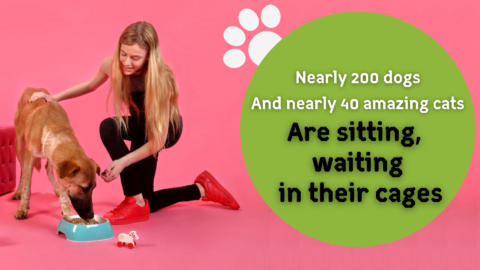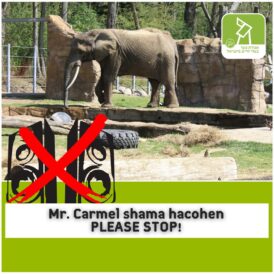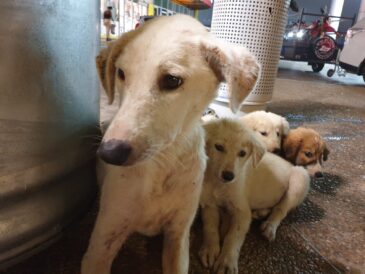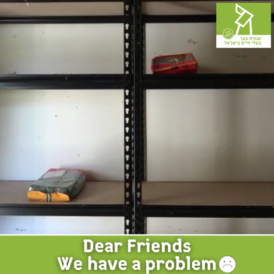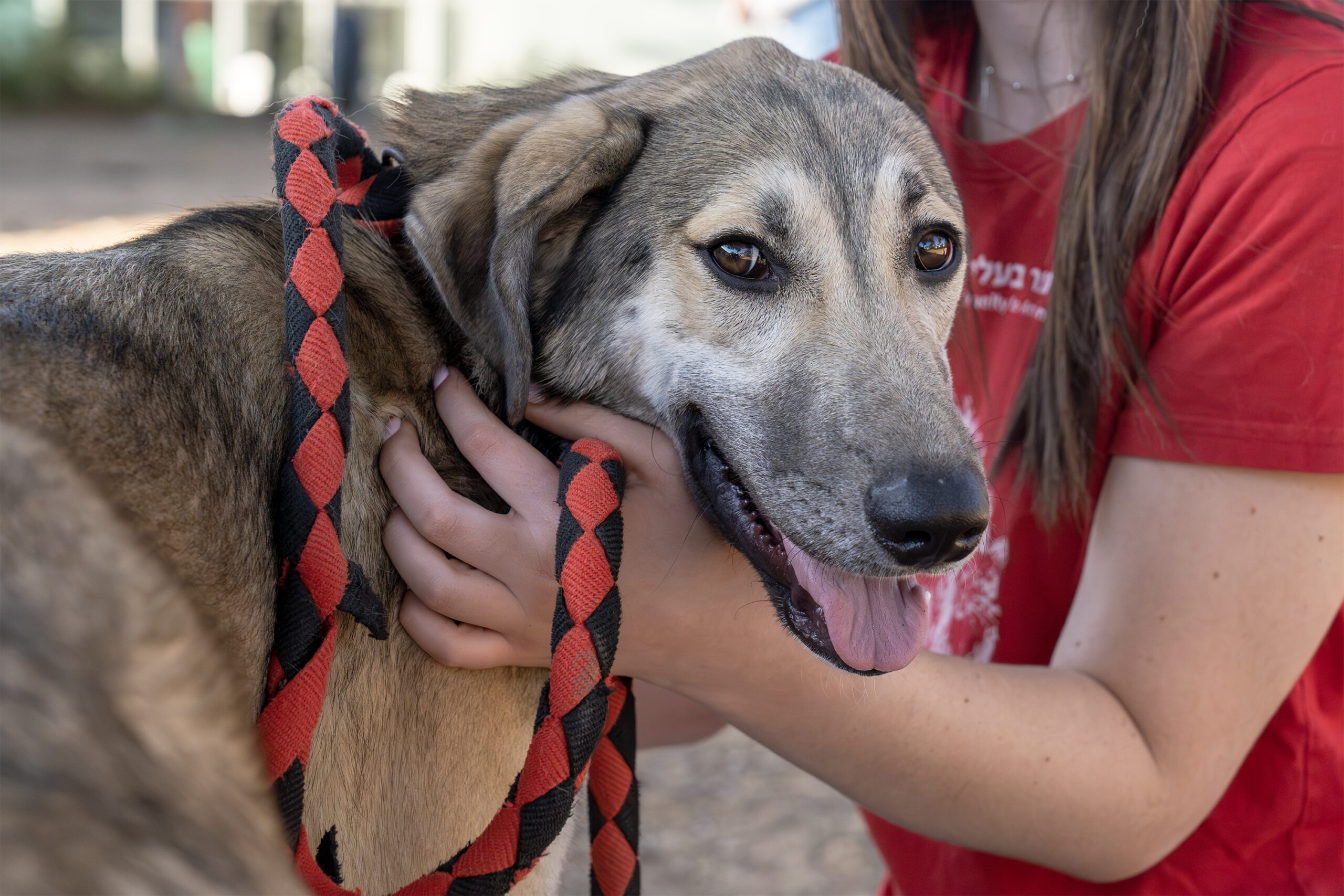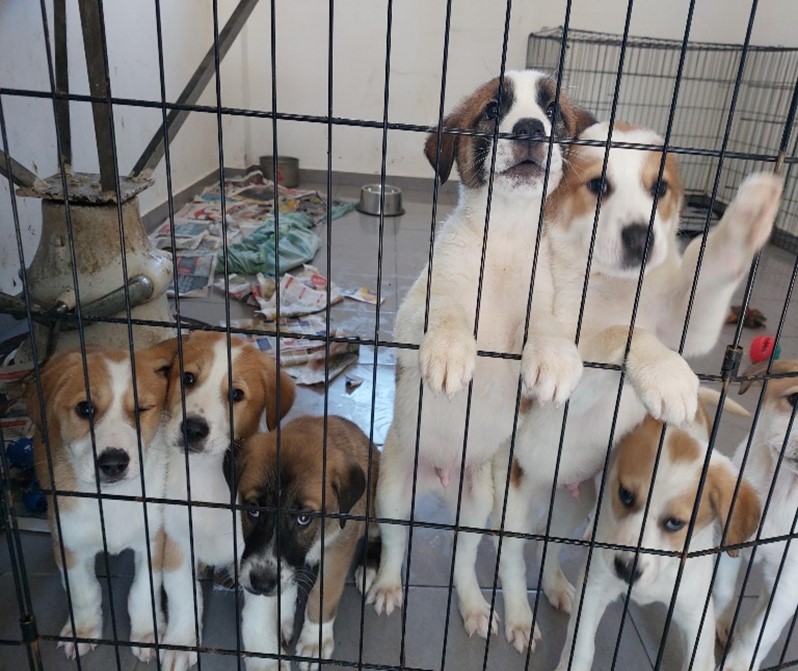Na’ama Rolnik, SPCA Adoption Counselor and dog trainer
Dog owners’ limited free time, despair, or simply a lack of experience and know-how – all comprise the reasons that we have been coming across more and more dogs lately who reach the age of a year or more without being house-trained.
From the moment a puppy reaches the age of three months and has received all the first vaccinations, it is time to start accustoming it to relieve itself outside. This is a difficult task, requiring a great deal of patience and effort by the owners. Since a puppy cannot control itself for many hours, at first the walks outside must take place frequently, every three hours. During the learning process, when the dog does relieve himself outside, it is important to positively reinforce his behavior and in this way lead him to understand that relieving himself outside the home is acceptable behavior.
There are many advantages to adopting a puppy, but when making the decision to do so, one must first and foremost consider the puppy’s welfare, his basic needs and if you are in a position to fulfill them. When you take in a puppy and then leave him alone in the house for eight hours, don’t expect him to train himself or learn how to control his needs on his own. The dog will relieve himself in the house for lack of any alternative and if there is no one there to correct him, he will simply understand that that is acceptable behavior, and the habit of relieving himself in the shower or on the balcony (or wherever he is kept), will stick.
Such situations lead the owners to despair and in some case to the decision to give the dog away. The problem is that the dog is now no longer an adorable, sweet puppy with very high chances of being adopted, but a grown dog who has still not been house-trained, making his chances of finding a new home drop drastically. In this way, both sides lose: the dog, who has to compete with tens of other dogs for the attention of potential adopters, when his opening hand is problematic, and the owners, who often feel frustrated and that they have missed an opportunity, especially when there are children involved in the sorry story.
If a puppy is not house-trained during the critical period when he is supposed to learn the rules, it is more difficult to correct his behavior at a later stage. Training at a later stage demands much more patience and effort on the trainer’s behalf and in some cases intervention by a professional trainer is required. These are cases of adorable dogs that have difficulty finding homes, through no fault of their own but as a result of their owner’s behavior. All they ask is to be given a second chance with new owners who will invest the time and effort to train them and who will receive so much love in return.
Sandy, Lucy, Bella and Pinocchio are just some examples of this phenomenon. Sandy, a nine-month-old miniature pincher, was found on the street by an elderly couple who reared her for a few months. Their inexperience caused them to stick cloth diapers on her instead of house-training her. In the last few weeks the sores, that were caused by the adhesive used to keep the diapers on, have healed, and now she needs owners who, in addition to training her, will help to restore her self-confidence. Lucy is a friendly, adorable one-and-a-half year old bitch who is simply longing for attention. Hew owners never completed her house-training and she still has ‘accidents’, but with a little goodwill and correct direction, she will quickly learn and will be a wonderful dog for any family. Bella and Pinocchio are ten-month-old brothers who reached us when they were only one month old, and who lived in the dogs’ home before being adopted together. A few months later they were abandoned again, still not house-trained, and now they are waiting impatiently for patient adopters – even if this means each one going to a separate home.
In addition to these dogs, there are tens of dogs and cats waiting here with us for a warm and loving home. You are invited to come and choose your new friend-for-life here in the SPCA.

